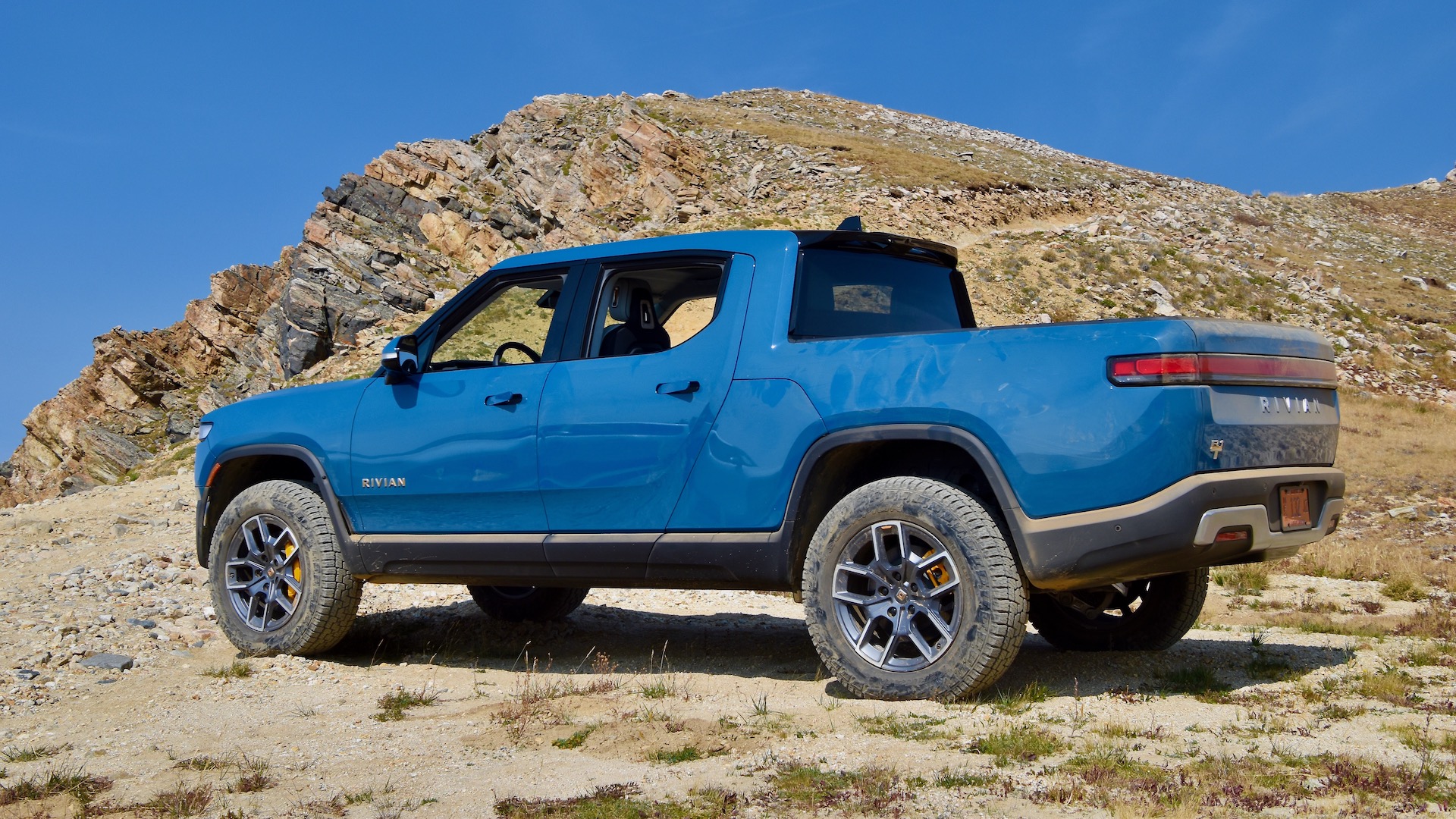

Rivian announced Tuesday that it will follow legacy American automakers in adopting Tesla-style charging ports on its EVs. It signals a rapidly shifting paradigm for EV charging in North America, and casts increasing doubt on the future of the previously standardized CCS connector.
Rivian’s current consumer EVs, the R1T pickup and R1S SUV, both currently use the CCS plug that beat out CHAdeMO to become the standard for EVs across most of the world. Starting in 2025 though, new R1 models will include North American Charging Standard (NACS) connectors that Tesla pioneered for the Model S. It’s now the most widely used type of charging connector in North America due to the early buildout of Tesla’s Supercharger Network. Rivian also confirmed its more affordable R2 lineup will offer NACS ports at launch, though the series has been postponed until at least 2026.

Owners of Rivians however will have access to the Supercharger network sooner, with Rivian stating they’ll be able to use more than 12,000 Supercharger stations as soon as Spring 2024. A Rivian spokesperson told us this will be accomplished through adapter cables, which will grant R1 owners access to both the NACS-supporting Tesla network and the CCS-favoring Electrify America. Additionally, Rivian confirmed it will continue to expand its own network of Level 2 destination chargers, the Rivian Adventure Network.
The company declined to comment on whether its future vehicles will offer both CCS and NACS ports, or whether its in-house network would switch connectors.

Rivian follows in the footsteps of Ford and General Motors, which committed to switching to NACS in 2025 over the last month. Their third member, Stellantis, has indicated it is considering switching too, while Reuters reports Hyundai is also considering offering NACS charging on its North America-oriented EVs.
Changing to Tesla’s connector enables compatibility with the largest charging network in the U.S. while circumventing issues with poorly maintained CCS infrastructure, such as the widely criticized Electrify America network. As outlined earlier this month, the convenience of nearer, more abundant chargers offsets the value of faster, but more distant chargers whose greater potential is only usable on a handful of EVs. Charging standardization only stands to benefit EV owners, even if it means faster max charging speeds have to go on the back burner for a while.
Got a tip or question for the author? You can reach them here: james@thedrive.com